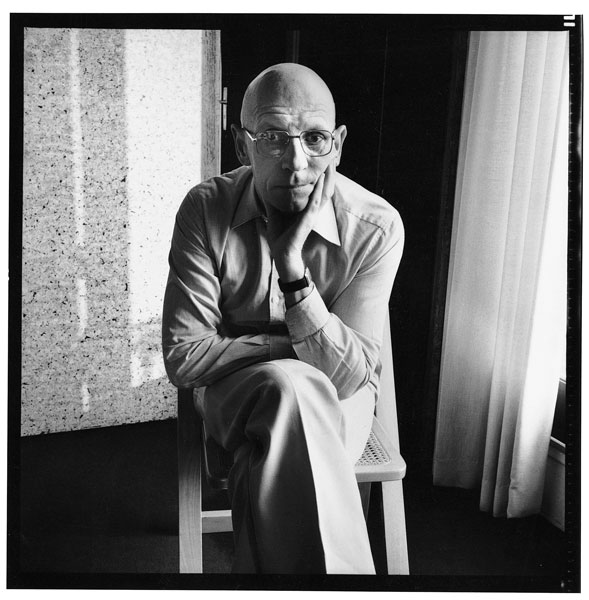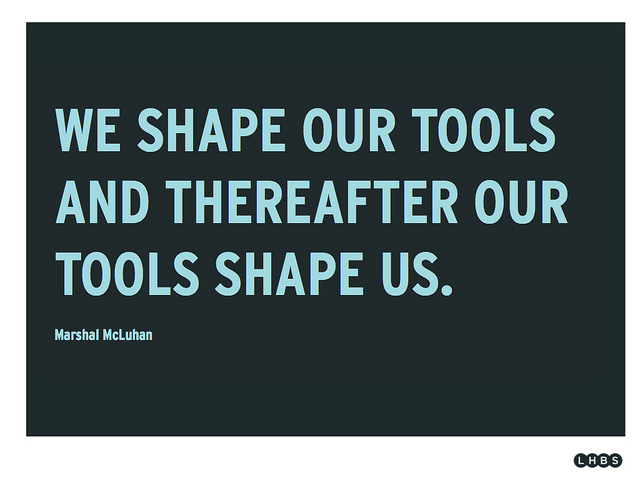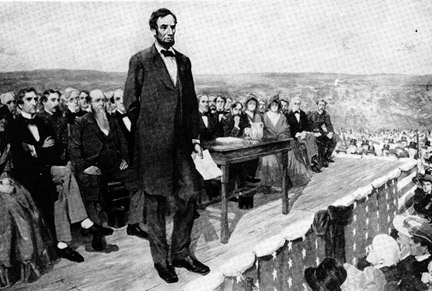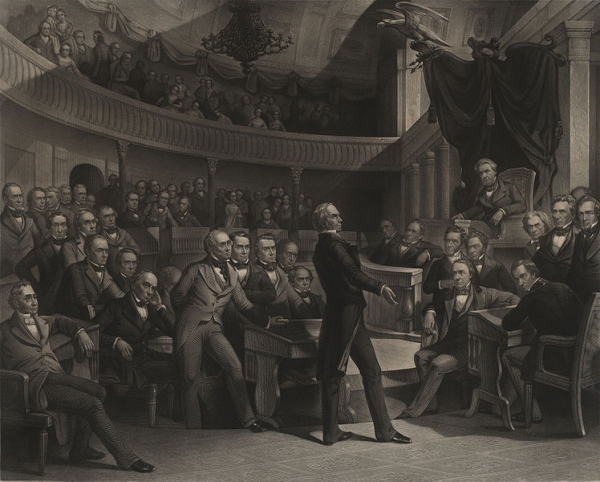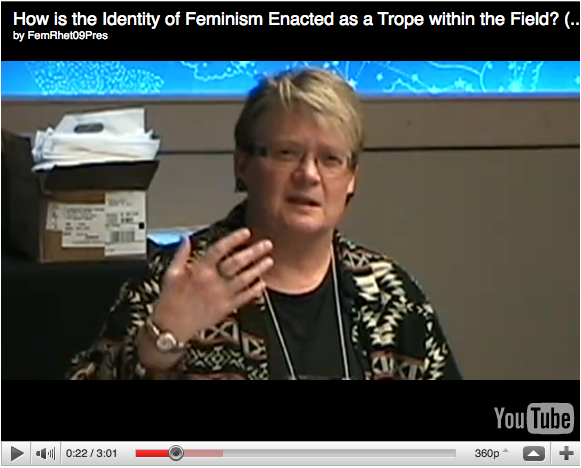Rhetors, Technorhetors, Rhetotechnos, and Compositionists,
It’s that time again. Our Define Rhetoric competition has begun. Help us add to the almost three million different definitions of rhetoric we’ve found. Help us flavor the world with new perspectives on what rhetoric is, isn’t, and does, doesn’t. Come up with THE best definition of rhetoric for 2013 and you’ll win a sweet trophy, a gift certificate to Amazon.com, and, well, between 10-20 pounds of prestige.
To play:
- You’ve gotta tweet. If you don’t have a Twitter account, ya gotta make one.
- Tweet your brand new definition of rhetoric, your tweaked or remixed definition of rhetoric, one you’ve liked from a theorist, or even a visual or audio definition. You can play or define as many times as ya’d like.
- Put the hashtag #DefineRhetoric somewhere in your definition because we find the definitions using that hashtag.
- DUE DATE– September 15th 2013.
We encourage you to have fun and play with what rhetoric can mean. Be your own Plato, Aristotle, Aspasia. Be your own Burke, Richards, Perelman. Be your own Villanueva, Glenn, Lanham. And in the spirit of givin’ cred where cred is due, we ask you to try to cite your sources as best ya can when ya tweak or remix or quote a definition.
Here are a few we’ve gotten so far. Check out how last year’s champ @RhetRock is already defending his title:
- #definerhetoric Rhetoric is how your persuade yourself that you can get ONE MORE DAY out of that empty tube of toothpaste.
by @RhetRock
- Saying a thing on multiple levels, to reach multiple audiences, at once. http://gizmodo.com/this-ad-has-a-secret-anti-abuse-message-that-only-kids-493108460 … #definerhetoric
by @occupyrhetoric
- Rhetoric is the process of turning nouns and adjectives, subjects and objects, into VERBS. #definerhetoric
by @anokaydanen
- Rhetoric is the last time you said it the first time when you repeated it again! #definerhetoric
by @doctamuhlhauser
- Rhetoric is “these aren’t the droids you’re looking for.” #definerhetoric
by @HarlotTweets
And, if ya getta chance, follow us on Twitter (@HarlotTweets) for competition updates and tweets that will make your wildest dreams come true!
Good luck and good rhetoricking!

Sweet trophy
#DefineRhetoric Champion 2012
Rhetoric is a bag of Halloween candy, sometimes you get the good stuff and sometimes you get apples with razor blades.
by @TheOriginalRock (now @RhetRock)

